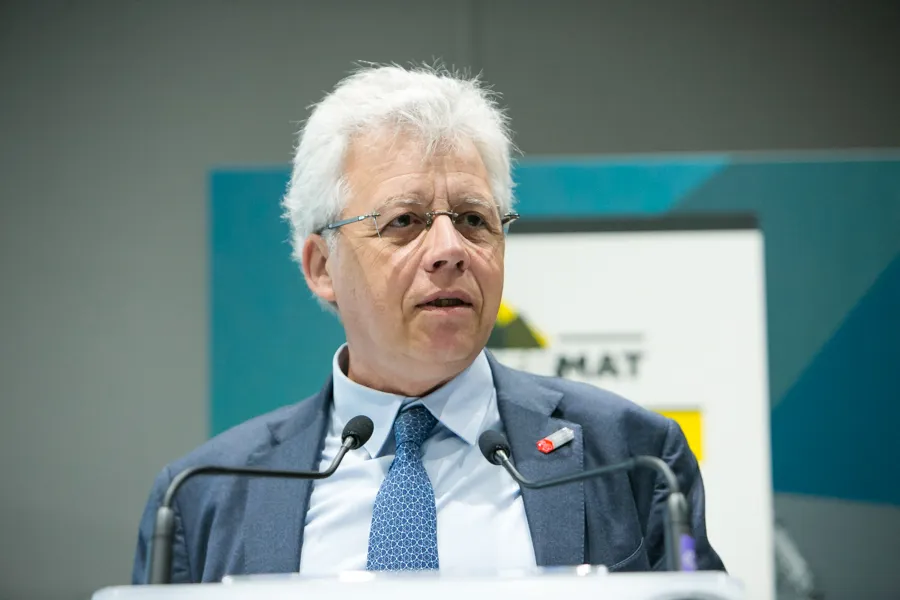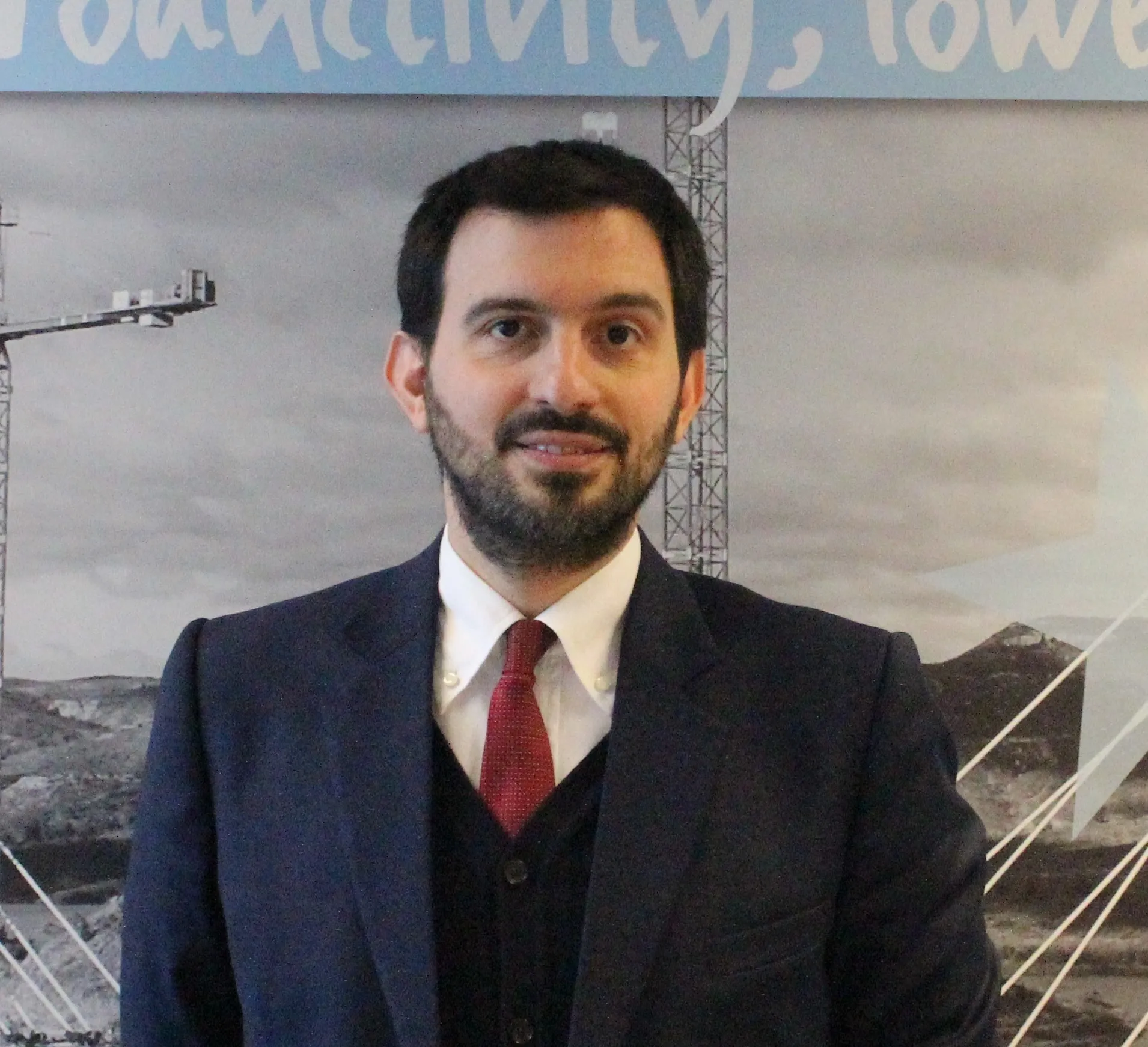
Growing awareness that the shared economy brings cost and environmental advantages through more intensive and judicious use of equipment, together with a drive towards more mechanisation is increasing the demand for rental.
At the same time, construction equipment rental companies are well placed to serve other sectors.
Intensifying competition is one challenge. Rental companies will have to offer new services to remain competitive, although it is not clear what the services might be yet.
Digitisation is another major challenge, which will force companies to reconsider their relationship with their customers.
Organisations and individuals increasingly expect the various elements of rental process to be digitised, such as booking and payments, and rental companies will have to respond.
Also, with the spread of the 'internet of things', it will become standard for equipment to be fitted with devices that will generate data, which rental companies will need to manage and analyse.
The ability to work with other entities in the industry, such as the manufacturers and consultants, will be key factors for success, said Déprez.
Other speakers endorsed the view that market prospects are favourable, while highlighting further challenges.
Martin Seban, principal economic and country risk consultant at IHS Markit, said that the general improvement in economic fundamentals across Europe is helping drive the equipment rental market, tempered by a degree of political uncertainty, especially in the UK around Brexit.
Total construction spending in Europe in 2017 was €1,951.7 billion, with residential construction the key factor with rising personal incomes. Political uncertainty is holding back infrastructure investment, Seban said, in turn impacting rental business.
Major issues in France and Spain are maintaining price levels, late payments and insurance rates.
The recent recession had driven prices down and the challenge was to now hold them steady. The way to achieve this is through offering new services, as well as a more sophisticated and professional approach to contracts.
The days when companies delivered equipment without a signed contract are over, said Hervé Rebello, general secretary of DLR, the French rental association.
Getting insurance was a particular challenge in Spain, said Juan José Torres, president of ASEAMAC, the Spanish rental association. His association might have to take a leaf out of the American Rental Association's book and set up its own insurance company, he said.








